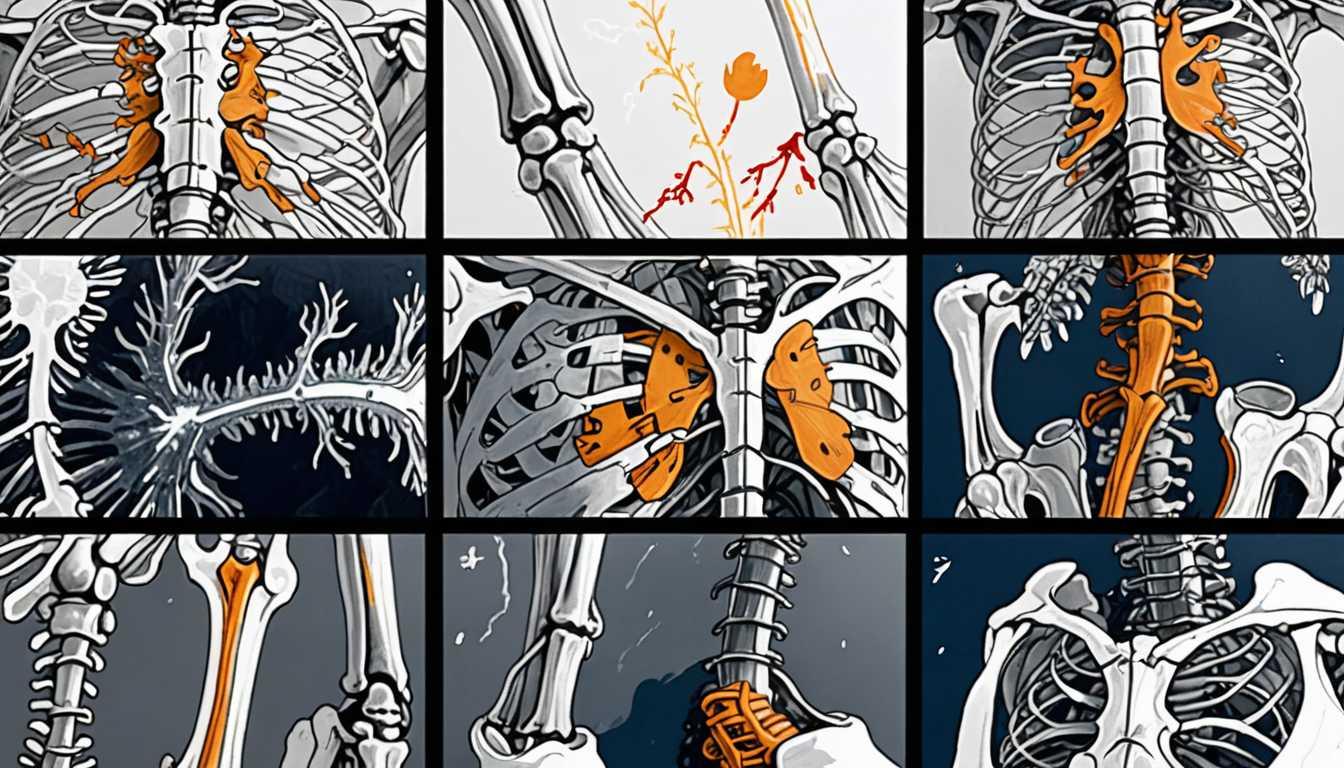AI: The Future of Faster Cancer Care
June 2023
University of Cambridge
Introduction
Dive into the future of cancer care with AI cuts waiting times for cancer patients in NHS first, a groundbreaking article from the University of Cambridge. Discover how OSAIRIS, a pioneering AI, is revolutionizing the battle against cancer by slashing hours off scan preparations, allowing patients to start their treatments sooner. Developed with a blend of expertise from Cambridge University Hospitals and Microsoft Research, this tech is not just a time-saver; it's a potential life-saver. Get ready to be wowed by how AI is making the wait for radiotherapy a thing of the past!
READ FULL ARTICLEWhy It Matters
Discover how this topic shapes your world and future
Unveiling the Future of Medicine
Imagine a world where waiting times for critical medical treatments like cancer therapy are significantly reduced, thanks to the power of artificial intelligence (AI). This isn't a scene from a science fiction novel; it's happening right now within the NHS, marking a monumental leap in healthcare. The introduction of OSAIRIS, an AI tool, is revolutionizing how radiotherapy planning is done, making the process faster and more efficient. This innovation doesn't just mean quicker treatment for patients; it represents a broader shift towards integrating cutting-edge technology in healthcare to improve outcomes and patient experiences globally. For you, this could mean a world where the fear of long waits for treatment is a thing of the past, and it highlights the potential of technology to solve real-world problems.
Speak like a Scholar
Artificial intelligence (AI)
A field of computer science focused on creating systems that can perform tasks which typically require human intelligence. These include problem-solving, recognizing speech, and understanding languages.
Radiotherapy
A treatment for cancer that uses high doses of radiation to kill cancer cells and shrink tumors.
Segmentation
In medical imaging, this is the process of partitioning a digital image into multiple segments (sets of pixels) to make the analysis of regions within that image easier. For cancer treatment, this means identifying and isolating healthy tissue from cancerous tissue.
Machine learning
A subset of AI, it's the study of computer algorithms that improve automatically through experience and by the use of data. It's what allows AI like OSAIRIS to learn from past treatments to improve future ones.
Open-source software
Software with source code that anyone can inspect, modify, and enhance. It promotes collaborative software development.
Cloud-based technology
Computing services (servers, storage, databases, networking, software, analytics) delivered over the internet ("the cloud") to offer faster innovation, flexible resources, and economies of scale.
Independent Research Ideas
Exploring the ethical implications of AI in healthcare
Investigate the balance between technological advancement and ethical considerations, such as patient privacy, AI decision-making, and the role of human oversight in AI-driven treatments.
The evolution of radiotherapy
Trace the historical development of radiotherapy as a cancer treatment, highlighting technological advancements leading up to the integration of AI, and speculate on future innovations.
Machine learning's role in personalized medicine
Study how machine learning algorithms can analyze vast amounts of patient data to tailor individual treatment plans, potentially revolutionizing personalized medicine.
Impact of open-source software on medical research
Explore how the availability of open-source tools like Project InnerEye accelerates innovation in medical research and the development of new treatments.
The future of cloud-based healthcare solutions
Examine how cloud computing is transforming healthcare, from improving access to medical records and resources to enabling technologies like OSAIRIS, and consider the implications for global health equity.




